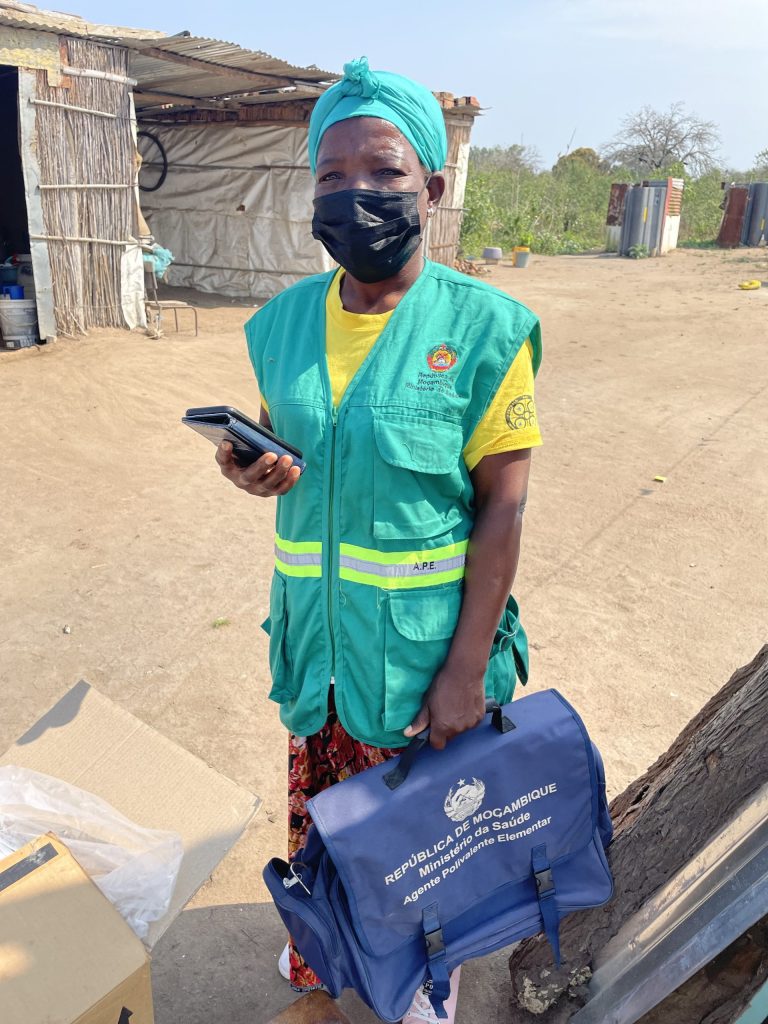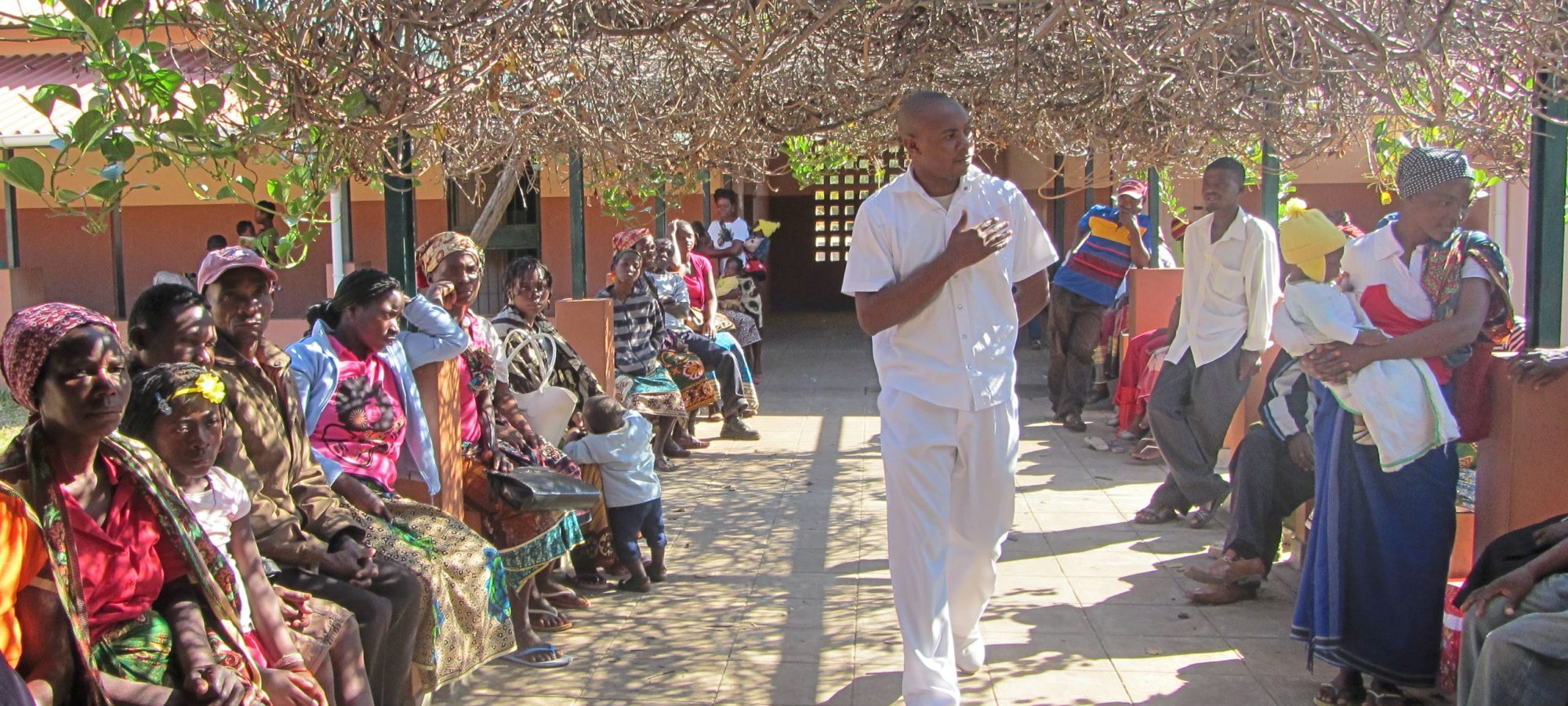According to the World Health Organization (WHO), at least 400 million people still lack access to one or more essential health services. Universal Health Coverage (UHC) is a goal adopted by the United Nations (UN) to ensure that everyone can access quality health services, be safeguarded from public health risks and be protected from impoverishment caused by illness. This promotes healthy lives and well-being for everyone, at all ages.
The UN’s target for achieving UHC for all nations by 2030 – part of Sustainable Development Goal (SDG) 3.8 – is expected to significantly reduce global poverty and inequality. Yet, the value of generating public pressure around this target is often overlooked when compared to other SDGs.
Three priority areas can help us to collectively achieve this goal – primary healthcare, sustainable financing and strengthening the health workforce. Making progress towards achieving UHC can be difficult because each of these aspects require countries to navigate financial and political complexities and the COVID-19 pandemic also contributed to stalled progress as resources were diverted elsewhere. However, the global community now has an opportunity to reinstate UHC front and centre of the health agenda, with a particular focus in low- and middle-income countries.
Already a national commitment in most of the countries in which Malaria Consortium works, UHC is central to our organisational strategy (2021-2025). A key part of our vision is to help build health sector resilience in countries where we operate and support ministries of health on the pathway to achieving UHC by 2030. But what exactly is UHC, and why is it important?
Free at the point of delivery
At its core, UHC is about ensuring that people can access the health services they need, when they need them, without suffering financial hardship in the process. There are six key aspects of the UHC vision: ensuring access to healthcare, equity of available care, quality of care, affordability of care, sustainability of the provision of care (without long-term dependence on external funding) and resilience within communities to protect their own health.
As a trained doctor with 10 years’ experience working for the UK’s National Health Service (NHS), including in General Practice, I have seen first-hand the difference access to quality healthcare makes to people regardless of their background, financial or social status. The NHS prides itself on being a centrally funded, public health system that provides universal coverage – essential health services to all citizens free at the point of delivery and funded primarily through taxation – with the exception of minimal patient charges for things like prescriptions. It is often championed as the ultimate example of an equitable health system.
Whilst it is difficult to measure the overall quality of a single healthcare system, globally, we know that health outcomes show a very different picture in countries with a high burden of preventable and treatable diseases including malaria, pneumonia, diarrhoeal disease and malnutrition. Such high burdens that persist across many countries in Africa and Asia put additional pressure onto already fragile health systems.
Breaking the cycle of poverty
High disease burdens, paired with limited and inequitable access to quality health services, make it more difficult for people to improve their quality of life and economic status. These diseases can affect young children’s mental and physical development and keep older children out of school and adults out of work, contributing to the cycle of poverty and impacting on the prosperity of whole populations. To reduce this and break the cycle of poverty, we must accelerate the reduction of these diseases.
Malaria Consortium specialises in the prevention, control and treatment of malaria and other communicable diseases among vulnerable populations. We partner with ministries of health, providing technical assistance to support national responses to disease burdens, including outbreaks and recovery from the COVID-19 pandemic. COVID-19 revealed the limitations of health systems around the world in responding to crises. Countries must now build resilience in response to existing and emerging public health threats.
To make the most relevant, effective and efficient contributions to UHC, Malaria Consortium has prioritised the development of tools which are intended to support ministries of health to ensure that communities are connected to quality, affordable, inclusive and comprehensive health care, in keeping with national UHC strategies. Our UHC Country Tool – a checklist designed during the formative phases of projects – provides a structure to describe and analyse projects at organisational and national level, to ensure alignment with UHC principles: a self-assessment, landscape analysis and stakeholder mapping exercise are included. This has helped to ensure that projects better support national UHC goals, identifying and addressing programmatic gaps and their possible solutions.
In South Sudan, a five-year project (the Health Pooled Fund) is aiming to address some of these access and quality-of care issues through the establishment of an integrated primary healthcare delivery at the community level and across 15 health facilities. Through this project, Malaria Consortium enabled coordinating community level partners to support the Ministry of Health’s roll-out of COVID-19 vaccines, combatting the shocks and stresses affecting the country’s health system. The project has contributed to the highest COVID-19 vaccination coverage rate in the country. In our PneumoTransform projects in Ethiopia and Chad, we are also supporting the respective ministries of health to help to improve pneumonia prevention, diagnosis and treatment through the development of national control strategies.

Similarly in Mozambique, we have implemented tools that describe and analyse projects at organisational and national levels, adding value by ensuring that communities are connected to quality, affordable, inclusive and comprehensive health care in-keeping with country-level UHC strategies. Through upSCALE – a community-based digital health platform supported by Malaria Consortium and owned and led by the country’s Ministry of Health – the ministry emphasised that their central ownership was key to the project’s sustainability and successful scale-up. Our learnings from this project highlight that working in partnership with ministries of health from the outset can enable the development of programmes that are not only supported by them, but can be embedded within national strategies and delivered through existing health workforces, including community-based systems, to support their scalability.
The role of community leadership
The SDGs are aspirational, and should be, but how they are implemented and measured at the national, regional and local level is important. Ministries of health must lead efforts to understand what needs to be prioritised, and what can be delivered with external support on the pathway to achieving UHC. This can ensure sustainability in the provision of quality, equitable and affordable healthcare for all. The path to UHC often already exists within the communities themselves – by taking positive action to safeguard their own health, communities can play an essential role.
Communities should be at the heart of planning, decision-making, implementation and evaluation of health activities and given a platform through which to feedback on these services. Community leaders can help decide not just on health priorities (by uncovering social determinants of health for example), but also to communicate with their peers and fellow community members to help raise awareness of activities and help operationalise them.
In Burkina Faso, Chad and Togo, we are leading research to explore community-led interventions to support the uptake of seasonal malaria chemoprevention (SMC) – the delivery of antimalarials given to those most vulnerable to malaria at a time when transmission of the disease is at its highest. We are pioneering innovative social and behaviour change communication (SBCC) approaches to build on the existing strengths of the community that can result in healthier outcomes.
Approaching the SDG halfway point
As we approach the halfway point for meeting the SDGs by 2030, we have an opportunity to reflect on the progress made and apply what we have learnt to new strategies and plans. Steps have been taken to incentivise the private sector to finance these goals, but governments across the global north also have a role to play in supporting countries to develop and strengthen policies and invest in context-specific solutions. Achieving UHC is important, as it can serve as a catalyst for reform, enabling countries and communities to adapt and transform health systems to be better equipped to absorb shocks in the future and minimising the impact that poor health and inequitable health services can have on a person’s economic status and right to a healthy life.
To find out more about Malaria Consortium’s path to achieving UHC, read our new Capacity Statement
Dr Radhika Khanna Hexter is Senior Technical Advisor at Malaria Consortium
